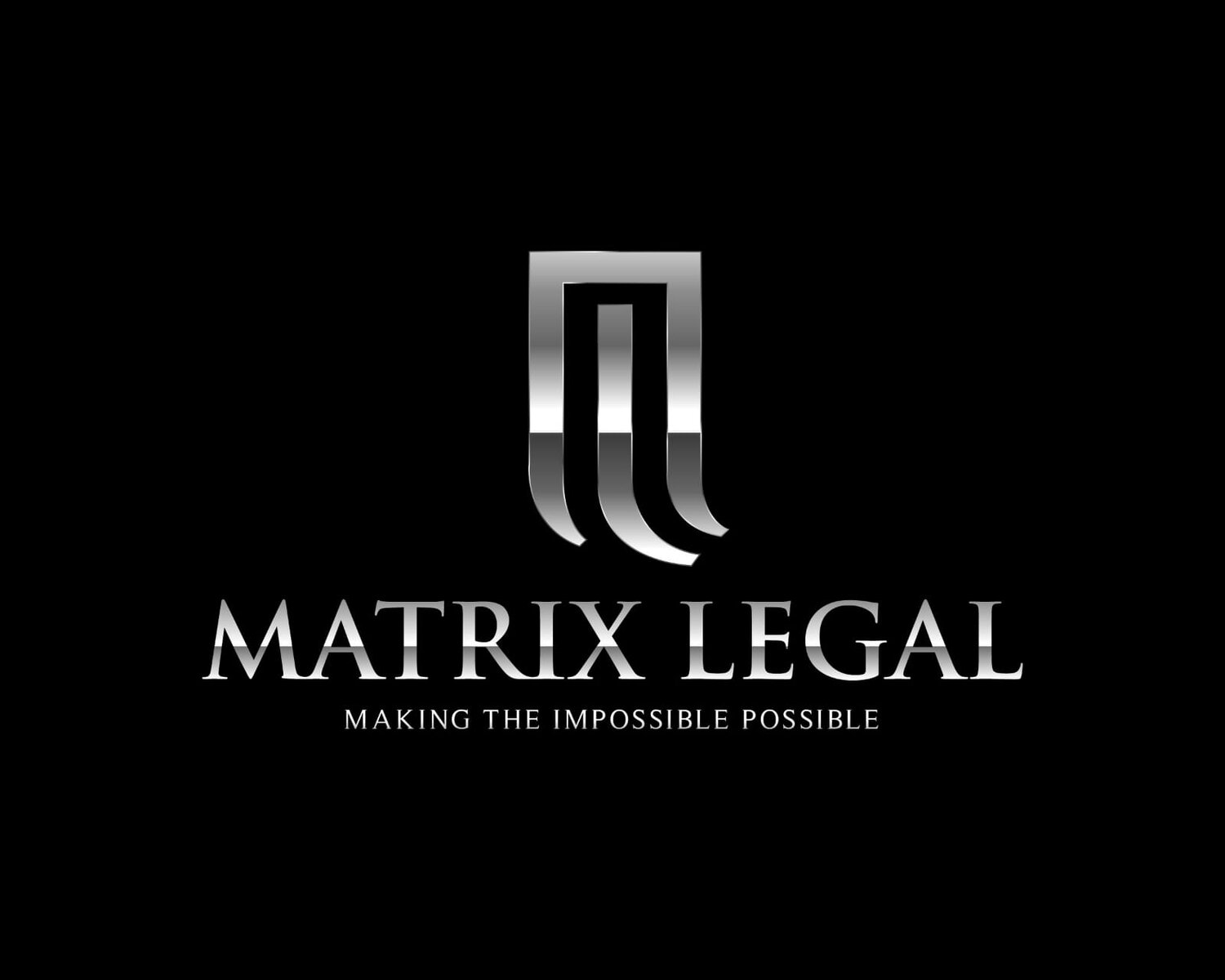How To Sue For Defamation Of Character
Individuals are allowed to bring claims for defamation by lodging a statement of claim that contains the wording of the defamatory material. The statement of claim does not include an accusation that the material was false or malicious; this comes out during the process.
Generally speaking, the defamatory claim must be brought within one year of the defamation occurring.
You do not need to prove whether there was any damage to you as a result of the defamation.
If something posted or written about you has more than one defamatory comment, you can bring just the one claim for all of those comments.
While a defamation case is being dealt with, you can seek an interlocutory injunction stating that the material cannot be published until the case is settled, but these are generally harder to get in defamation cases because concerns about free speech become very important.
To claim compensation for reputational damage, you must be able to prove three things:
That the defamatory material was published, and that the statements in the publication are not substantiated by facts
That you or your business were clearly identified in it
That it caused or is continuing to cause harm to your reputation
If you believe you have been defamed, you should seek legal advice as soon as possible to prevent any further spread of the defamatory material.
Call Me On
1800 950 627
Defamation Legal Fees
Our defamation cases are run on a fee for service basis, meaning that fees and costs are paid for as they arise throughout the case. We'll provide you with a costs agreement before asking you to sign anything which outlines our fees and the likely costs involved in your case.
Before we start any work on your behalf, we'll explain to you in detail:
How we calculate our fees
The likely costs involved to prepare and run your case
Any additional costs that may be incurred
Any costs that may be recoverable from, or payable by you, to the other party.
Our fees are never calculated as a set percentage of the compensation you will receive if your case is successful. This is common in the United States, but is not permitted in Australia. You'll only ever be charged for the work we perform for you.

